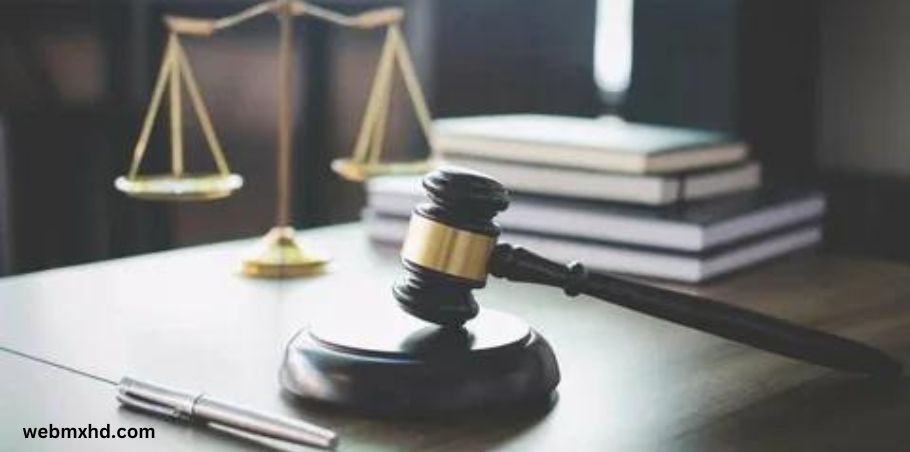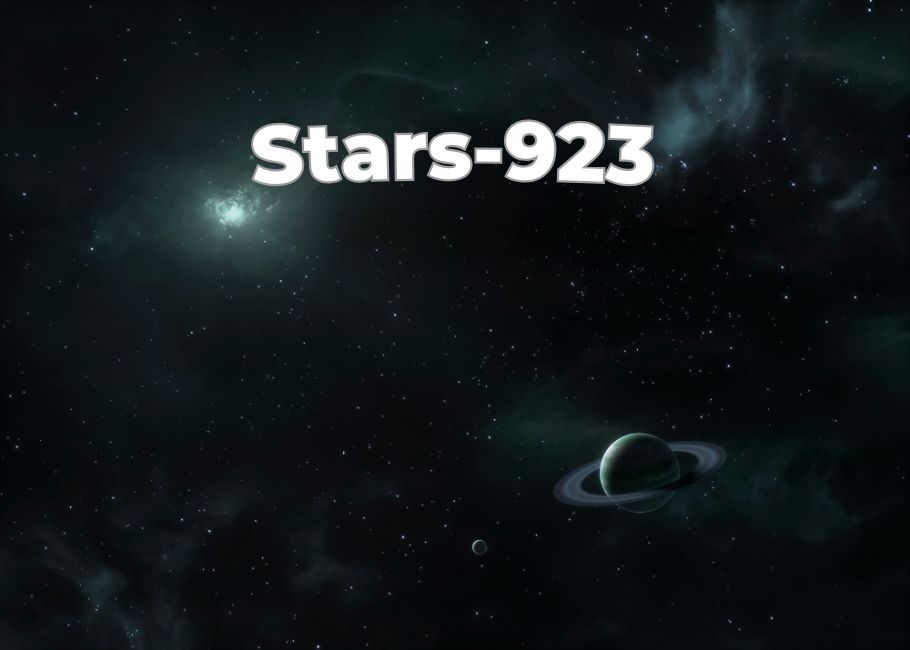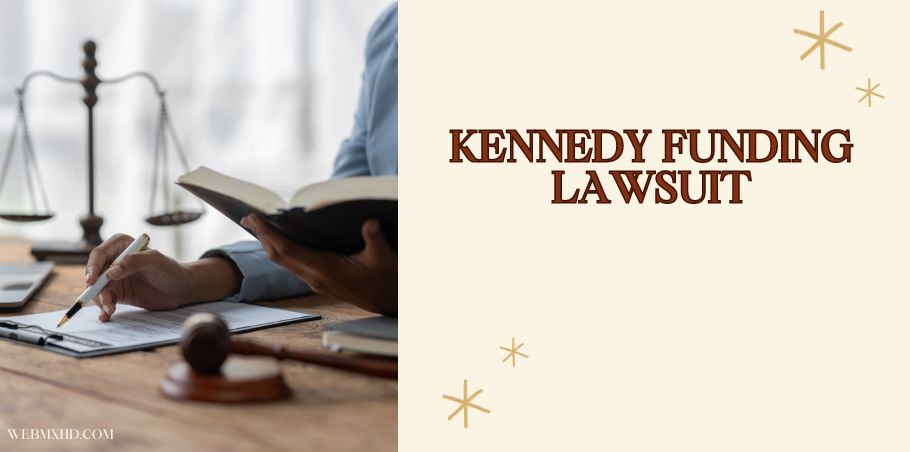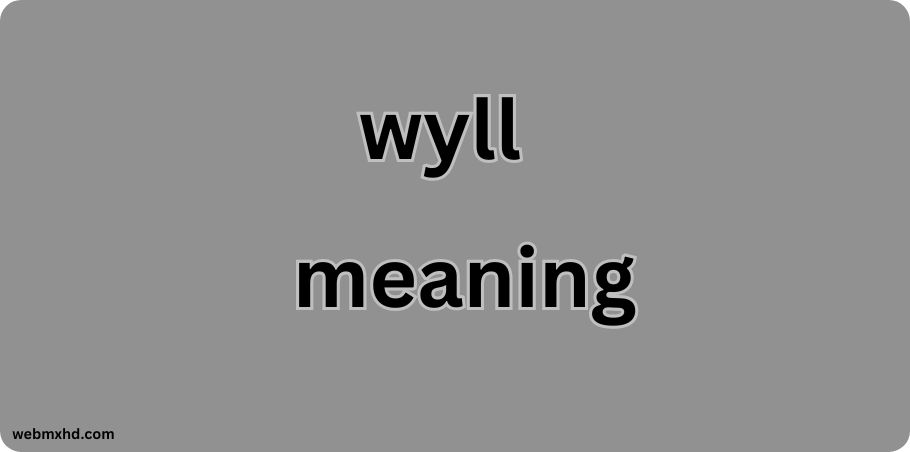C.W. Park USC Lawsuit: A Comprehensive Overview
The c.w. park usc lawsuit has captured the attention of both the academic community and the general public, raising important questions about the relationship between universities and their faculty. But what exactly is this c.w. park usc lawsuit about, and why does it matter? In this article, we’ll delve into the details of the case, explore its implications, and consider what it means for the future of academia.
The Nature of the Allegations
The c.w. park usc lawsuit filed by C.W. Park against the University of Southern California (USC) centers around allegations of wrongful termination, breach of contract, and potential violations of academic freedom. Park, a well-respected figure in his field, claims that USC unlawfully terminated his employment, leading to this legal battle. The primary parties involved in the c.w. park usc lawsuit, a distinguished professor, and USC, one of the most prestigious universities in the United States. The case has also drawn attention from various legal experts, academic associations, and media outlets.
The events leading up to the c.w. park usc lawsuit began several years ago, with growing tensions between Park and USC’s administration. Disagreements over academic policies, employment terms, and other issues ultimately culminated in Park’s termination and subsequent legal action.
Background of C.W. Park
C.W. Park has had a long and illustrious career, making significant contributions to his field. His work has been widely recognized, and he has held various esteemed positions throughout his career, including his role at USC. At USC, Park was a prominent faculty member, known for his dedication to teaching, research, and mentoring students. His influence extended beyond the classroom, as he was actively involved in shaping academic programs and policies.
Park’s impact on the academic community is undeniable. His research has been published in leading journals, and his work has influenced both peers and students. This lawsuit, therefore, has far-reaching implications, not just for Park, but for the academic world at large.
What Prompted the Legal Action?
The legal action was prompted by Park’s dismissal from USC, which he contends was unjust and in violation of his rights as a tenured professor. The reasons behind his termination are complex, involving a mix of personal, professional, and institutional factors. c.w. park usc lawsuit claims that USC breached his employment contract, violated his academic freedom, and engaged in wrongful termination. These claims are based on a combination of contractual obligations, university policies, and broader legal principles.
Legal Basis for the Lawsuit
The legal basis for the c.w. park usc lawsuit includes employment law, contractual law, and principles of academic freedom. Park’s legal team is arguing that USC’s actions were not only unethical but also illegal under these frameworks. One of the central legal issues in this case is the interpretation of employment law as it applies to tenured faculty. Tenure is supposed to provide job security and protect academic freedom, but the specifics of Park’s contract and the reasons for his termination are under scrutiny.
Academic Freedom vs. Employment Contracts
This case highlights the tension between academic freedom and the contractual obligations of employment. Universities often promote academic freedom as a core value, but when it comes to legal disputes, the specifics of employment contracts can come into conflict with this ideal. Tenure is a critical aspect of this case. Park’s status as a tenured professor is supposed to offer him certain protections, but whether these protections were upheld by USC is a key point of contention in the lawsuit.
Potential Reputational Damage
The c.w. park usc lawsuit has the potential to damage USC’s reputation, both within the academic community and the broader public. How the university handles this case could influence its standing and credibility. There are also significant financial implications for USC. Legal battles are costly, and a potential settlement or judgment in favor of Park could result in substantial financial liabilities for the university.
The c.w. park usc lawsuit could have a chilling effect on faculty and administration relations at USC. It may lead to increased scrutiny of employment practices, tenure policies, and the overall climate for academic freedom at the institution.
Reactions from the Academic Community
Reactions from USC faculty have been mixed. Some support Park and view the c.w. park usc lawsuit as a necessary stand for academic freedom, while others are more cautious, concerned about the potential fallout for the university. The broader academic community is watching this case closely. It raises important questions about the balance of power between universities and their faculty, and the extent to which academic freedom is truly protected.
Public and Media Response
The public and media have also taken an interest in the case, with various outlets covering the c.w. park usc lawsuit and its implications. The coverage has ranged from supportive to critical, reflecting the complex nature of the issues at hand. The initial court filings in the case have laid out the arguments from both sides. Park’s legal team has presented evidence and testimony supporting his claims, while USC’s defense has focused on justifying their actions and challenging Park’s assertions.
Arguments Presented by Both Sides
Both sides have presented compelling arguments, with Park’s team emphasizing the alleged violations of his rights and USC defending its decision as lawful and justified. The legal battle is likely to hinge on the interpretation of key contractual and legal principles. As of now, the case is ongoing, with further hearings and legal motions expected. The outcome remains uncertain, but it has already set the stage for a significant legal and academic debate.
Possible Scenarios for C.W. Park
There are several possible outcomes for Park. He could win the c.w. park usc lawsuit, leading to a reinstatement, financial compensation, or both. Alternatively, the case could be settled out of court, or he could lose, which would have its own set of implications. For USC, the consequences of this c.w. park usc lawsuit could be profound. A loss in court could result in significant financial and reputational damage, while a victory might still leave lingering questions about the university’s commitment to its faculty.
This case could set a precedent for future academic c.w. park usc lawsuit, influencing how universities handle tenure, academic freedom, and employment disputes. It may also lead to changes in university policies and practices.
Why This Lawsuit Matters
The c.w. park usc lawsuit matters because it touches on fundamental issues of academic freedom, employment rights, and the relationship between universities and their faculty. The outcome could have wide-ranging implications for higher education. In the long term, this case could influence how academia views tenure, academic freedom, and the legal rights of professors. It may lead to reforms and new legal standards that affect universities across the country.
What Universities Can Learn
Universities can learn the importance of transparency, fairness, and legal compliance in their dealings with faculty. This case underscores the need for clear policies and the potential risks of ignoring contractual and legal obligations. Universities and academics alike can learn from this case. It highlights the importance of clear contracts, the need for strong legal protections, and the potential consequences of legal disputes in the academic world.
How Academics Should Navigate Similar Situations
For academics, this case serves as a reminder of the importance of understanding one’s rights, seeking legal counsel when necessary, and advocating for academic freedom. It also highlights the potential challenges of navigating complex employment disputes.
Legal counsel plays a critical role in academic institutions, helping to navigate complex legal issues, ensuring compliance with laws and contracts, and protecting the rights of both the university and its faculty.
FAQs About c.w. park usc lawsuit
What is the C.W. Park USC Lawsuit About?
The c.w. park usc lawsuit involves allegations of wrongful termination, breach of contract, and violations of academic freedom by the University of Southern California against C.W. Park, a former professor.
How Has USC Responded to the Lawsuit?
USC has defended its actions, arguing that the termination was lawful and justified, and it has challenged the claims made by Park in the lawsuit.
What Could Be the Long-term Impact of This Case?
The long-term impact could include changes in how universities handle tenure and academic freedom, as well as potential reforms in employment practices and legal standards in academia.
How Common Are Lawsuits Like This in Academia?
While not extremely common, c.w. park usc lawsuit involving tenure, academic freedom, and employment disputes do occur and can have significant implications for the institutions involved.
What Are the Next Steps in the Legal Process?
The case is ongoing, with further hearings and legal motions expected. The next steps will involve additional arguments from both sides, and the court will eventually render a decision.
Conclusion
The c.w. park usc lawsuit is a significant case with important implications for academia. It raises crucial questions about academic freedom, employment law, and the relationship between universities and their faculty. As the case unfolds, it will be watched closely by academics, legal experts, and the public alike. Regardless of the outcome, this c.w. park usc lawsuit will likely have a lasting impact on the academic world and serve as a key reference point for future legal disputes.
If you gained new insights from this article, explore our blog, Gimkit, for more enlightening content.
Share this content:





Post Comment